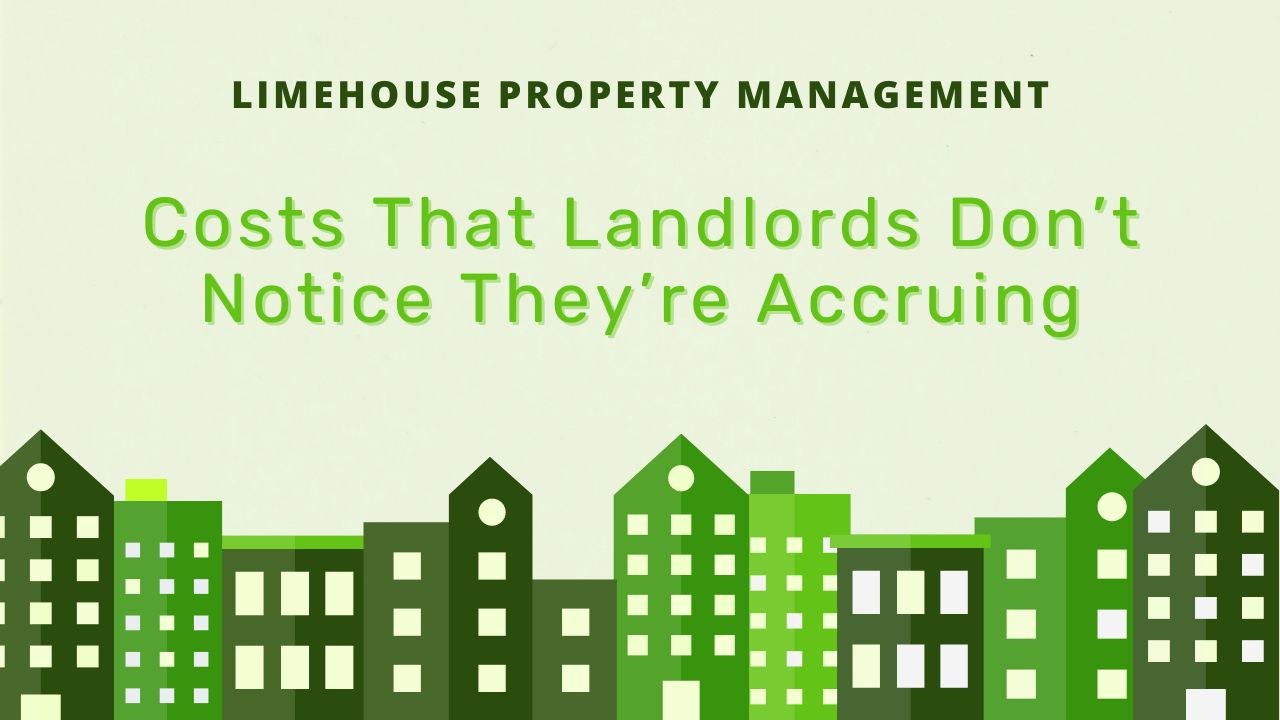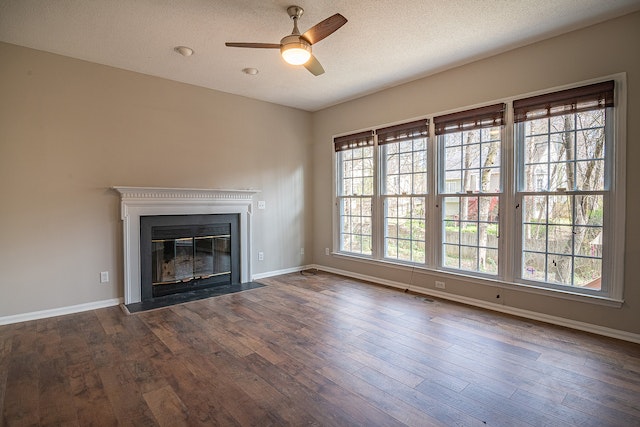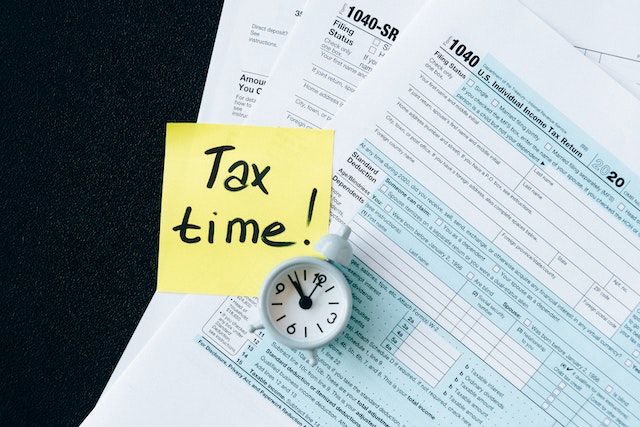Costs That Landlords Don’t Notice They’re Accruing
Being a landlord comes with its fair share of responsibilities and expenses. While some costs may be obvious and easy to track, there are certain expenses that landlords often overlook or underestimate.
These hidden costs can easily add up and eat into profits when left unattended—which can have an adverse impact on the overall financial health of a rental business. Let’s explore some commonly unnoticed costs landlords tend to accrue over time and how to avoid them!
Maintenance and Repairs
Ongoing property maintenance and repair expenses are one of the major hidden costs for landlords. Normal wear and tear, plumbing issues, electrical problems, and appliance breakdowns can occur unexpectedly, requiring immediate attention and funds.
As a landlord, you have a responsibility to provide a habitable living space to your renters. To ensure that your property is well-maintained and remains in top condition, it’s crucial to perform routine maintenance.
To prevent costly repairs, it’s essential to conduct regular inspections so you can identify any potential problems early on. Make sure to attend to any repair issues as soon as you discover them.
Ignoring or delaying necessary repairs can lead to larger and more expensive issues down the line, potentially affecting the property’s value and tenant satisfaction.
Tenant Turnover and Lengthy Vacancies
Tenant turnover is another cost that landlords tend to underestimate. When a tenant moves out, landlords often spend money on advertising, tenant screening, cleaning and repairs, and even incentives that may attract reliable tenants.
Extended vacancy periods can result in lost rental income. To maintain a low vacancy rate and minimize tenant turnover, make sure to provide a well-maintained property and address tenant concerns promptly.
Retaining responsible tenants should be a top priority; every time a tenant moves out, your cash flow will be disrupted and it might negatively impact your business.
Be proactive and ask tenants to renew their lease before it ends. Review the rental agreement with your renters and encourage them to renew their lease at least three months before it expires.
When existing tenants renew their leases, you’ll be spared from marketing your property and going through the process of finding a good tenant again.
Legal Fees and Disputes
Legal issues can arise when managing a rental business, leading to unexpected costs for landlords. Eviction proceedings, disputes over security deposits, or breaking of leases may require legal assistance, which can quickly accumulate in the form of attorney fees and court costs.
Understanding local rental laws and regulations, and maintaining thorough documentation can help minimize legal expenses and potential disputes. You should also double check the legal services you employ to ensure you’re only paying for something you really need.
Legal fees can easily add up, so it’s important to understand what you’re paying for and see where you can possibly cut costs.
Poor Quality Tenants
Having poor-quality tenants can be costly to your rental business. They can cause you stress and put your business at risk of financial losses.
Problematic tenants may not pay rent on time, which can disrupt your business’ cash flow and your rent collection strategies. They may also cause damage to the property through negligent behavior, which will ultimately increase your maintenance and repair expenses.
To avoid this, set up a thorough tenant screening process that ensures only quality renters are accepted.
Insurance Premiums
Landlords should have insurance coverage that protects their property from unforeseen events like natural disasters, accidents, or tenant-related liabilities. Insurance premiums can vary based on factors such as property location, building age, and coverage options.
Failing to properly assess insurance needs and obtain comprehensive coverage can leave landlords financially vulnerable in case of an incident. However, going overboard with insurance coverage can also increase your expenses substantially.
To avoid this, be sure to discuss your options with an expert; determine what insurance coverage you actually need and what add-ons you can do away with.
Property Taxes and Assessments
Property taxes go hand in hand with property ownership, yet they often catch landlords off guard. Since property tax rates can fluctuate over time, it’s crucial for landlords to budget and account for these costs ahead of time.
Additionally, local authorities may impose assessments or fees for public services and infrastructure improvements in the area. Staying informed about tax rates and upcoming assessments can help landlords plan their finances more effectively.
Utilities and Other Operating Expenses
While tenants are typically responsible for paying their utilities, landlords often bear the cost of common area maintenance, garbage collection, landscaping, and other operating expenses. These costs may be overlooked or underestimated when evaluating the profitability of a rental property.
Implementing energy-efficient measures, such as installing LED lighting or low-flow fixtures, can help reduce utility expenses and improve the property’s overall sustainability.
You may be able to incorporate these costs in your rental rate to lessen the burden. Talk with an experienced property manager to learn more about the unexpected costs that should be included in the rent.
Conclusion
As a landlord, it’s crucial to stay aware of what costs can easily go unnoticed, especially when they may significantly impact your bottom line. By accounting for hidden expenses, you can better protect yourself and your investment properties.
Regular property inspections, prompt maintenance, and proper tenant screening can help mitigate some of these costs. Hiring a professional property manager can also help mitigate unnecessary expenses.
With the help of their knowledge and experience, they’ll take care of all the important details and help you minimize your overall costs. Reach out to the experts at Limehouse Property Management and we’ll help you with your property management needs!




